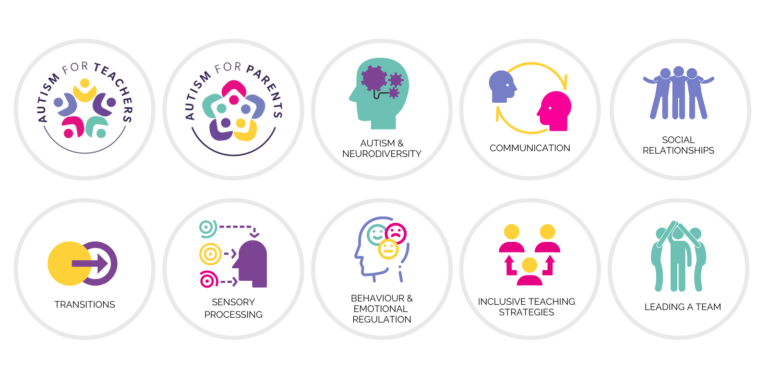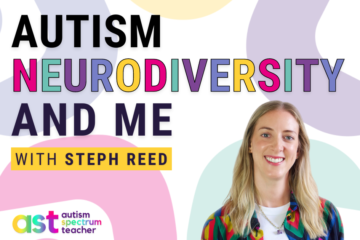Table of Contents
How successful parent and teacher relationships impact children with autism and how to ensure the relationship is effective, from a parent and teacher perspective.
Parent Perspective
It’s Good to Talk!
The moment a child with special needs comes into your life, the paperwork pours in. It is bureaucracy gone mad! The parent becomes snowed under with form filling, a mountain of toys and a list of chores take over. Your once tranquil life is no longer. You try to juggle appointments, workshops and house work and become a personal assistant, communicator and advocate to your child. English may not be your first language, you may have more than one child at different schools, or you may not have family or friends who offer practical help and advice. This could be an added challenge.
We all learn how to build trust, adapting and understanding different communication styles with our child. The same rules apply to a good parent-teacher relationship.
Consistency and routine both at home and school, can aid the child’s learning, development and overall well being. It could be that something is working at school and not at home or vice versa. It is important you air the views and do not let your thoughts fester.
Here are some of the examples that I would like to share which have helped me:
Effective practice of communication can allow both parties to share ideas and create better opportunities for the child and the peers, bringing out the best of their abilities.

Teacher Perspective
Written by Steph Reed, Autism Specialist Teacher
A very important aspect of creating successful opportunities for children with autism to develop and continue learning, is to establish and ensure strong and effective relationships with parents and carers.
Strong relationships between parents and teachers will help to ensure that:
Communication:
It is especially important to have effective means of communication with parents of children with communication difficulties, as the children will find it difficult or will not be able to pass on information to their parents. This includes what they have been doing that day, if they fell over in the playground or information about an upcoming class assembly.
Different parents will have a preferred means of communication that works best for them. Try to find this out as soon as you can.
Effective Means of Communication:
With the fast paced context of being a teacher, it can sometimes be easy to overlook all of the brilliant, positive highlights and steps that has happened that day or week. I always ensure that these positive highlights are conveyed to parents as much as possible. Whenever I have a phone call with a parent, or write in the home school diary, I always ensure I mention at least 1 positive comment that has happened that day or recently.
For parents who do not have English as a first language, it will be important to ask them whether they would like an interpreter. In order for effective communication to occur, a parent will need to fully understand and articulate their thoughts and feelings. It is important to ensure that in these cases, that you have a translator at meetings and during phone calls.
Let’s ensure excellent relationships with parents and teachers to make sure we are supporting the children as much as possible!




1 Comment
David · March 22, 2019 at 3:04 pm
Thank you for your insight. It is so true, the exchange between all those involved in inclusion is enormously important. No one should be without information e.g. about the child’s developments or changes in his or her environment. For the parents of autistic children and adolescents this can be a lot, cause they already have almost a full-time job. Teachers must also pay additional attention to these aspects. Yes, it is “good to talk”, to be transparent and to involve everyone who is in fact involved. The best thing is for everyone to pull together for the kids – then it is a great experience to be able to work in this field.
Comments are closed.